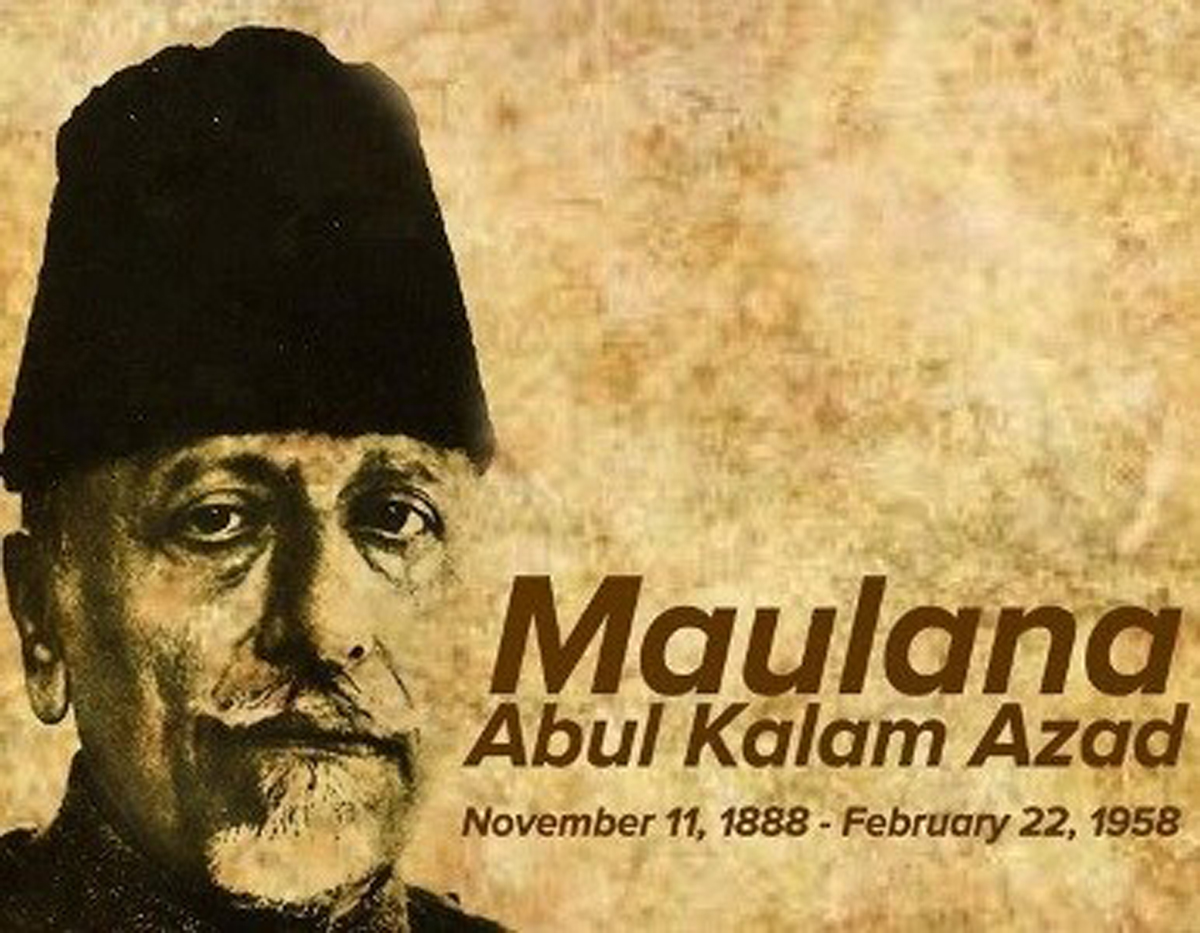Note4Students
From UPSC perspective, the following things are important :
Prelims level: 100 years since Azad's pivotal speech
Mains level: commitment to the values of unity

Central idea
The article reflects on the legacy of Maulana Abul Kalam Azad, emphasizing his commitment to Hindu-Muslim unity and his pivotal role during the Partition era. The author expresses concerns about the current state of unity, citing instances of hate and intolerance, and calls for introspection to preserve the values Azad stood for.
Key Highlights:
- The author reflects on the life and contributions of Maulana Abul Kalam Azad, focusing on Azad’s commitment to Hindu-Muslim unity and his refusal to sign the Partition Resolution.
- The article highlights pivotal moments in Azad’s life, emphasizing his dedication to unity and the challenges faced during the partition.
Key Challenges:
- The author expresses concern about the current state of Hindu-Muslim unity, citing rising hate and intolerance.
- Instances of vandalizing Azad’s statue and derogatory comments in Parliament are presented as challenges to the values Azad stood for.
Key Terms:
- Hindu-Muslim ittehad (unity)
- Partition Resolution
- Swaraj
- Kakinara
- Kashmir
Key Phrases:
- “Over my dead body.”
- “You are throwing us to the wolves.”
- “Nehru ki galtiyon ka khamyaza Kashmir ko bhugatna pada.”
- “Julam dhha le, tu sitam dhha le/ Hamare bhi to din hain aane waale.”
Key Quotes:
- “If an angel were to descend from heaven and declare that India would get Swaraj in 24 hours, provided she relinquishes Hindu-Muslim unity, I will answer, ‘Never’.”
- “Hate is the favored word; expressions like ‘mohabbat ki dukaan’ are sniggered at.”
- “Our day, too, will come.”
Anecdotes:
- The author recalls instances of vandalism against Azad’s statue and derogatory comments in Parliament, reflecting the challenges faced by ideals of unity.
Key Statements:
- “The angel has descended and made his declaration, but he has been shown his place.”
- “Indians are being swept by a tsunami of hate.”
- “Today, I grope about in the endless darkness in which my country has been enveloped.”
Key Examples and References:
- Mention of Kakinara incident and recent expressions in Parliament.
- Reference to the filmmaker K A Abbas and his film “Rahi.”
Key Facts:
- Azad’s refusal to sign the Partition Resolution.
- Azad’s pivotal role in advocating Hindu-Muslim unity.
- Instances of vandalism against Azad’s statue and derogatory comments in Parliament.
Key Data:
- The time frame: 100 years since Azad’s pivotal speech, approaching 2024.
Critical Analysis:
- The author critically examines the current state of Hindu-Muslim unity, expressing concerns about rising hate and intolerance.
- The article reflects on the impact of political and social changes on the legacy of freedom fighters like Azad.
Way Forward:
- The article implies a call for introspection and a renewed commitment to the values of unity, advocating for a more inclusive and tolerant society.
Get an IAS/IPS ranker as your 1: 1 personal mentor for UPSC 2024
